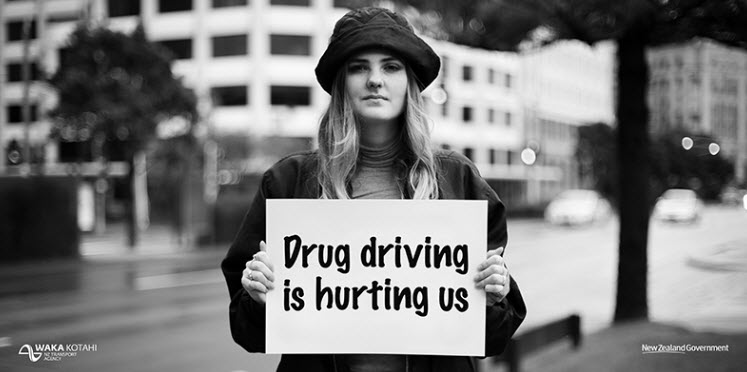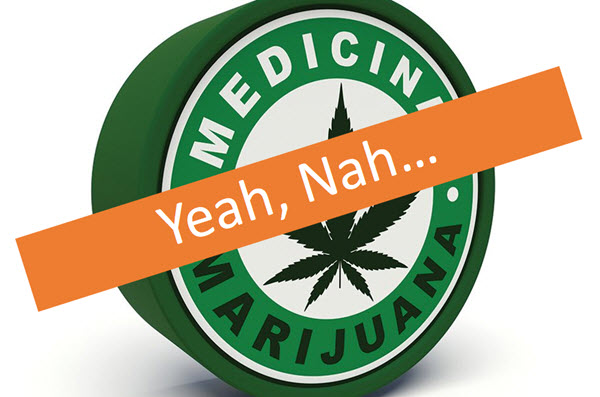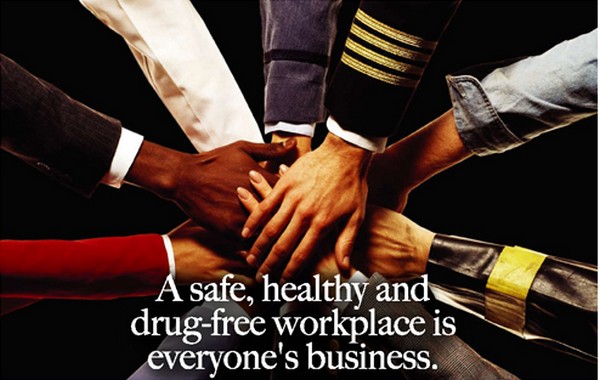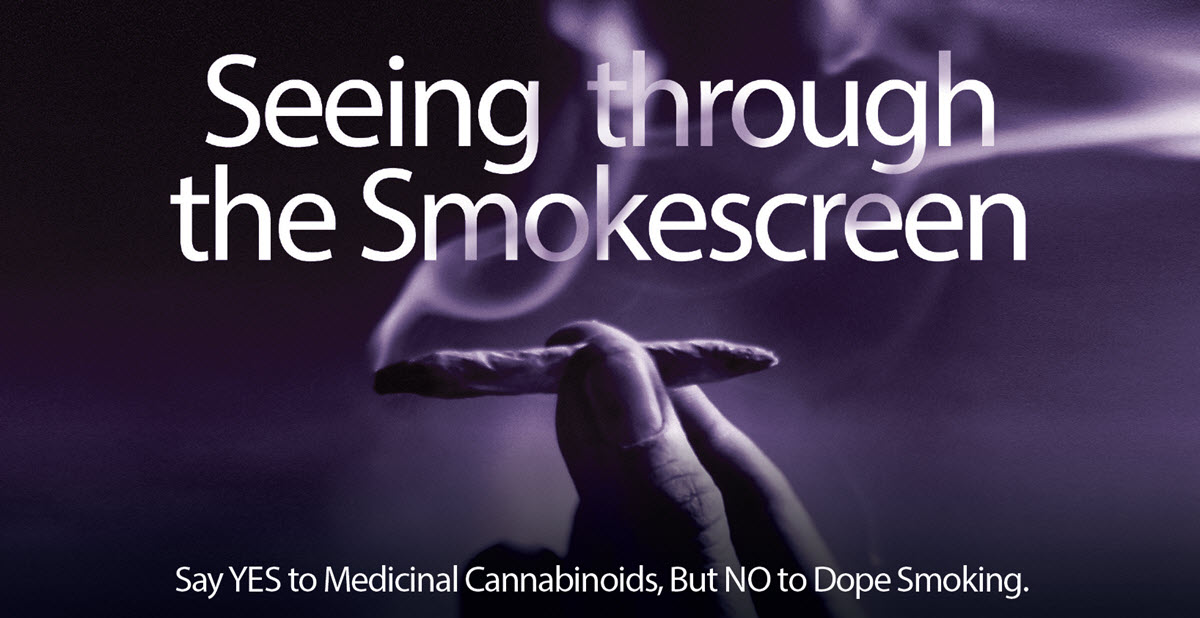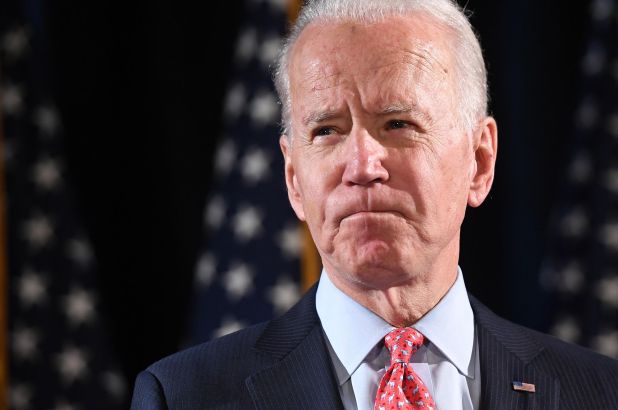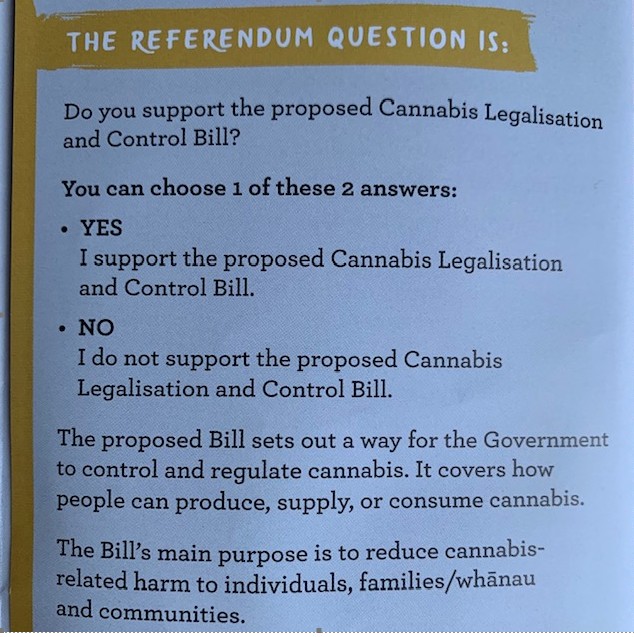
Media Release 3 August 2020
The claims on the cannabis referendum pamphlet sent to households by the government have been labelled as ‘inflated’, ‘unrealistic’, and ‘unlikely to be achievable’ in the latest edition of the New Zealand Medical Journal. And the proposed bill comes in for scathing criticism from the Auckland University academics who authored the article.
The article “New Zealand’s ‘Cannabis Legalisation and Regulation Bill’: an evidence-based assessment and critique of essential regulatory components towards policy outcomes” by Benedikt Fischer and Dimitri Daldegan-Bueno assert that illegal cannabis markets and supply will remain “active and resilient after the implementation of legalisation”, that there is “no reason to assume why young people’s access to cannabis should be expected to decrease in the context of—overall increased—availability of both legal and illegal markets/supply”, and that “legal production, distribution and use is also likely to increase, rather than decrease cannabis ‘public visibility’, and overall societal ‘normalisation’” as a result of any potential legalisation.
Other parts of the proposed legislation also come in for significant criticism:
- “the age limit is inconsistent with age limits for other legal drug use… [F]or alcohol use—an arguably more hazardous substance, especially for young people—no minimum consumption age exists, and the purchase age for tobacco products is 18 years. Thus, the proposed age limit for cannabis is not scientifically supported but appears rather arbitrary, nor is it consistent or policy-coherent in regards to other, widely used legal substances. Here political considerations appear to have trumped science, with questionable compromising for results.”
- “limiting cannabis use to private homes, by design, will bring substantial health risk to other parties; it also contravenes longstanding efforts to direct away tobacco smoking from homes.”
- “‘home-growing’ creates a backdoor that directly undermines these protective safeguards. The restrictions for cannabis ‘home-growing’ are practically impossible for authorities to monitor or enforce (unless accepting inspections to regularly search private homes)… [H]ome-growing facilitates potential and easy access to cannabis products by others (eg, including minors), and so can easily enable cannabis diversion”
- For retail distribution, it is “unclear how density for legal cannabis retail outlets will be regulated or restricted” and that “despite well-intended public health goals, their operational viability and economic success will naturally depend on and strive for increased volumes of customers and sales.”
- “commercial cannabis industry entities will likely either quickly merge with, or follow the commercial business strategies of large-scale multi-national cannabis, or alcohol and tobacco corporations.”
- “many cannabis products the legal retail market—for example, for health protections—restricts or bans will remain on offer by illegal sources.”
- Regarding criminalisation and ‘social justice’, “it is unlikely that the extensive list of new and remaining offenses defined, combined with the likely levels of popular (non-) compliance, will lead to such substantial reductions.” And that “it is unclear whether the practical enforcement of core offenses under legalisation will substantially serve to improve social justice, or rather shift while extending previous discretion and systemic biases under new covers. Conversely, there are key areas where substantially increased, targeted law enforcement would be required to secure legalisation’s essential public health and safety objectives.”
“This is a scathing assessment of the sales pitch that the government has given voters. The government tries to argue through their pamphlet that “The bill’s purpose is to reduce harm to people and communities” – but that is purely the view of those lobbying for change. Those against the legislation are arguing that legalisation will lead to more harm to people and communities, and this latest analysis backs our position,” says spokesperson Aaron Ironside.
“The use of cannabis is associated with increased risks of a number of adverse outcomes including educational delay, welfare dependence, increased risks of psychotic symptoms, major depression, increased risks of motor vehicle accidents, increased risks of tobacco use, increased risks of other illicit drug use, and respiratory impairment. At a time when New Zealand’s mental health system is bursting at the seams, why would we go and legitimise a mind-altering product which will simply add to social harm?”

